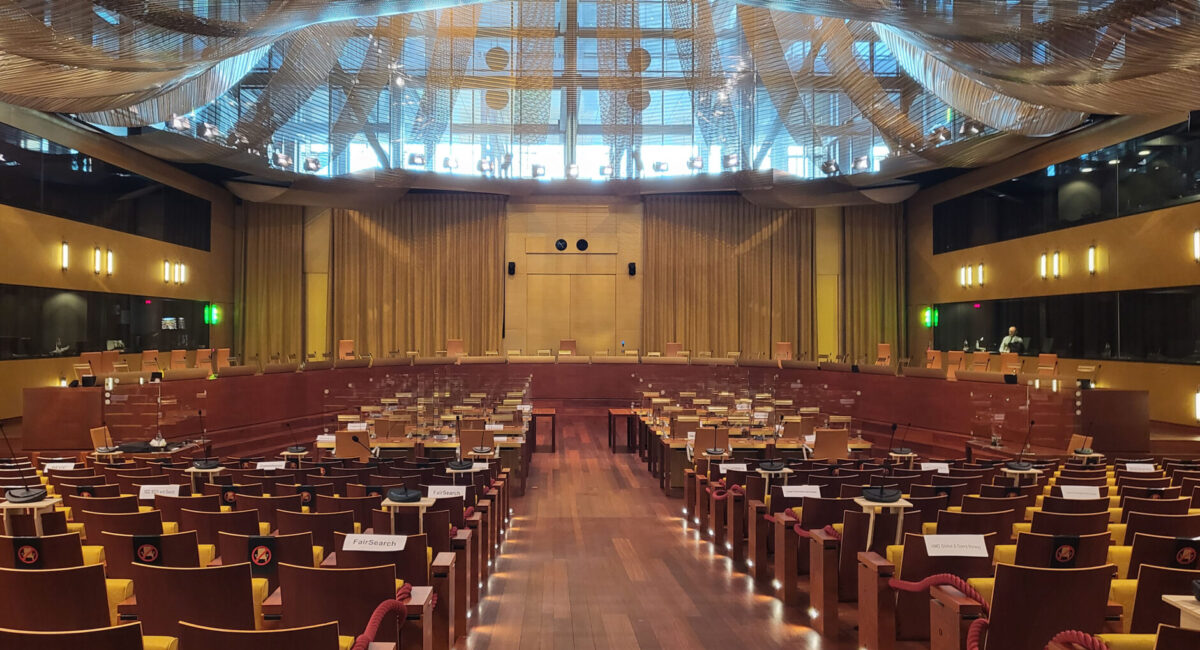On 24 February 2022, the Court of Justice of the European Union ruled in case C-582/20, Cridar Cons and established that a sine die suspension of tax challenges due to their alleged connexion with undergoing criminal files, as prescribed by art. 277 par. (1) (a) of the Romanian Tax Procedure Code is contrary to EU Law.
In order to rule in such a manner, the Court considered two questions referred by the High Court of Cassation and Justice on 23 July 2020:
- Are Council Directive 2006/112/EC of 28 November 2006 on the common system of value added tax and Article 47 of the Charter of Fundamental Rights of the European Union to be interpreted as precluding national legislation pursuant to which the tax authorities, after issuing a notice of assessment refusing to grant a right to deduct input VAT, are permitted to suspend the examination of an administrative complaint pending the outcome of criminal proceedings that could provide additional objective evidence of the taxable person’s involvement in tax fraud?
- Would the answer given by the Court of Justice of the European Union to the first question be different if, during the period for which examination of the administrative complaint is suspended, the taxable person benefits from provisional measures which suspend the effects of the refusal of the right to deduct VAT?
In its reasoning, the Court of Justice specifically mentioned:
– that the suspension of an administrative tax challenge is allowed when the tax authority actually seeks to obtain “supplementary evidence” that would influence its decision;
– that such a suspension cannot exceed a reasonable time;
– that taxpayers need to be compensated for the loss incurred due to the fact that VAT is not reimbursed to them or it is illegaly collected by means of a tax decision.
Court of Justice also underlined the need for a specific mechanism that would grant taxpayers possibilities to apply for a judicial review of the suspension decision and for the judicial suspension of the tax decision.
Cridar Cons was duly represented before the Court of Justice of the European Union by two professors teaching at the Faculty of Law, Babeș-Bolyai University in Cluj-Napoca, Dr. Cosmin Flavius Costaș (Managing Partner – Costaș, Negru & Asociații) and Dr. Septimiu Ioan Puț (Cabinet Avocat Septimiu Ioan Puț).













